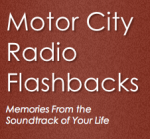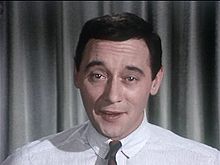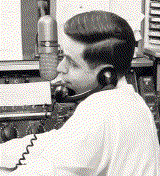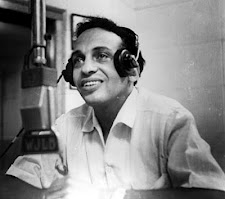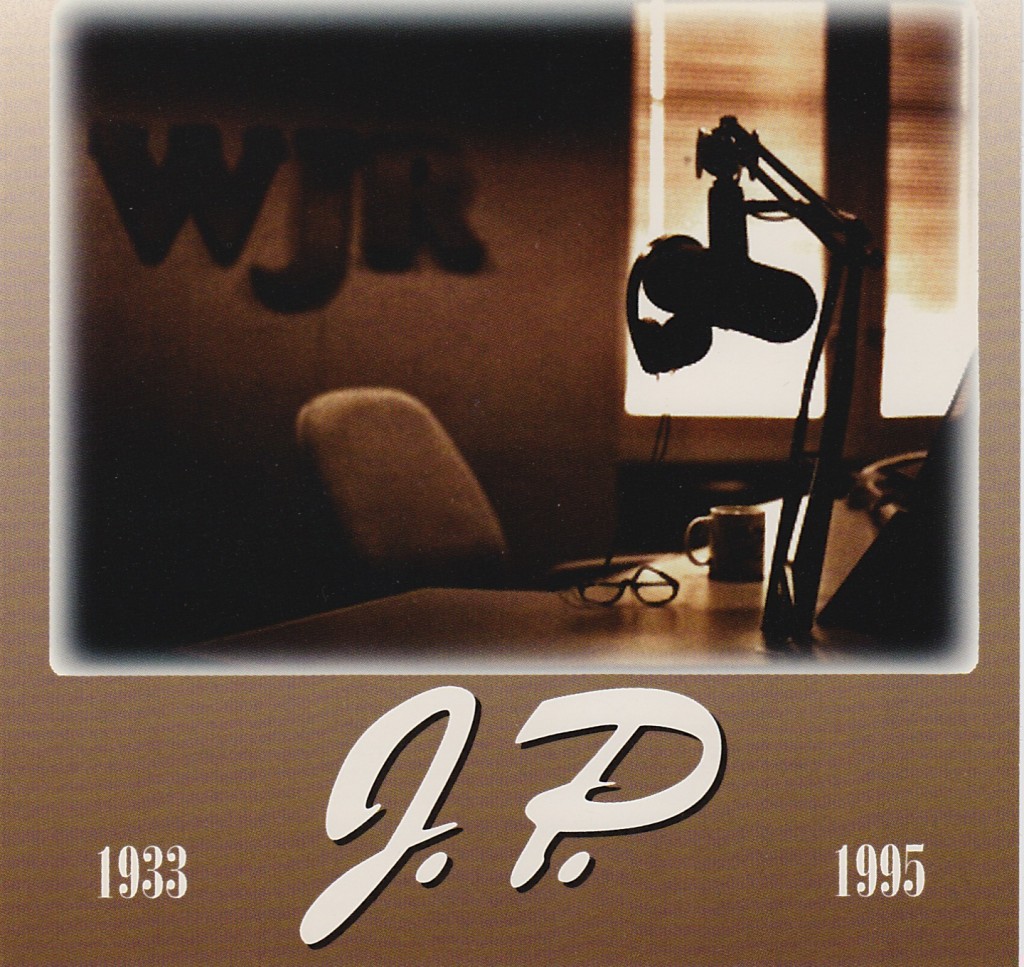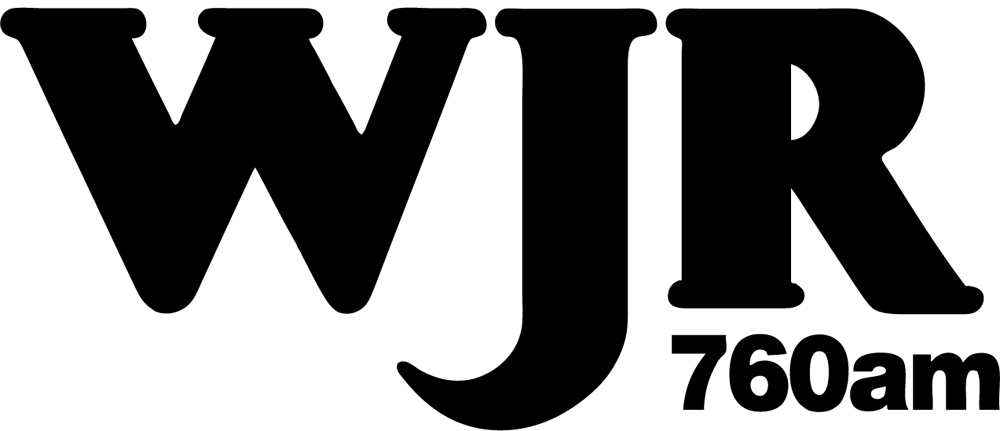 From the MCRFB NEWS archive: 1963
From the MCRFB NEWS archive: 1963
After More Than 3 Year Absence, WJR Returns to the CBS Network

DETROIT — After a three-and-a-half-year separation, powerhouse WJR has rejoined CBS Radio, thus filling a glaring gap in the network’s nationwide coverage and adding more CBS “names” to the station’s own extensive personality roster.
The move has spelled no radical change so far in WJR station personnel, though much program shifting has been necessitated by the addition of such shows as “Arthur Godfrey Time,” Art Linkletter’s “Houseparty,” the “Garry Moore Show,” Betty Furness’ “Woman’s Word” and dozens of CBS News programs.

Biggest move slices Jim Wood’s popular afternoon broadcast of “Showcase,” an easy-going blend of pop music, album instrumental tracks, interviews, from a daily two hours and 15 minutes, cut down to 50 minutes across-the-board. Most of the lost time is being made up, however, on a new “Jim Wood Show,” from 10:05 to 11:00 P.M. The new program includes some of the “Showcase” ingredients with the addition of humorous skits written and enacted by the ‘man-of-many-voices’ Wood.
The long-time WJR music variety show, “Guest House,” has been torn down after nine-years as an evening program landmark, but re-appears almost intact as “The Bud Guest Show” in the 12:30 P.M. through 12:55 P.M. slot, featuring host Guest and the WJR orchestra led by Jimmy Clark. The shift, meanwhile, has knocked out a WJR music-oriented show, “Time Out For Music,” which will now be heard on Saturdays only.
Popular WJR air-personality J. P. McCarthy, considered by record industry personnel as being the Motor City’s top-rated record-spinner, has lost his Saturday afternoon segment of “Music Hall,” but has an extra 15 minutes tacked onto his late-afternoon into early-evening daily stint. His early morning spot is left as unchanged from Monday through Saturday.
A 50,000 watt, clear-channel station, WJR covers more radio homes than any station outside of New York, Chicago and Los Angeles — 15,500,000 people in four States plus an additional 3,000,000 in Canada. One of the nation’s pioneer stations, WJR began broadcasting in 1922 and has since become Detroit’s premier good-music radio station.
WJR has been a CBS affiliate from September, 1935 through May, 1959, when station management split with the network over the new Program Consolidation Plan. The Program Consolidation Plan (or PCP) involved compensating affiliates with free programing which they could sell to local advertisers, rather than paying the station cash for using network programming.
Cash Is Back

Dallas Townsend; Robert Trout; Stuart Novine; Jerry Coleman; Richard Hottelet; Alexander Kendrick; Douglas Edwards; George Herman; Winston Burdett; Leonard Berstein (pictured left).
Arthur Godfrey; Allan Jackson; Art Linkletter; David Schoenbrun; Betty Furness; Garry Moore; Nancy Dickerson; Charles Collingwood; Lowell Thomas; Chris Schenkel (pictured right)
Stations consider it as an unworkable “barter” system, declared it would hurt the industry and gave the network its six-months’ contractual notice. The plan was dropped by CBS early this year and cash compensation was restored, paving the way for this week’s return.
Since the schism, the CBS Radio Network had been without a regular outlet in the important Detroit market. The NBC outlet of longstanding is WWJ, the Detroit News station. ABC owns and operates WXYZ and WKMH programs Mutual news and sports shows.
Commenting on the move back to WJR, CBS Radio President Arthur Hull Hayes said, “We welcome the re-affiliation of WJR because it reflects the renewed vigor and indestructible importance of (CBS) network radio” having now been enjoined once again in the Detroit market. END
___
(Information and news source: Billboard; January 12, 1963)

![]()

